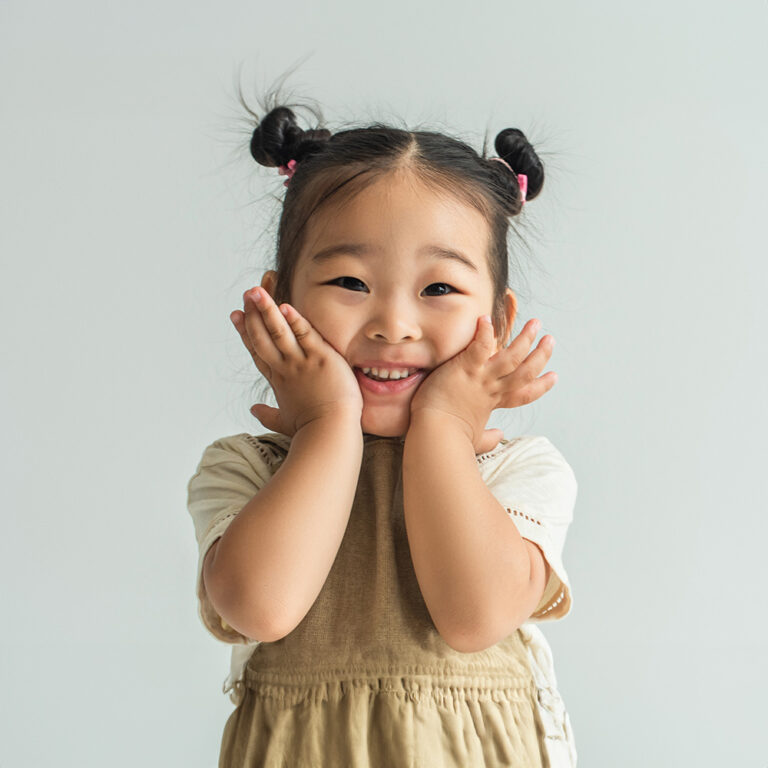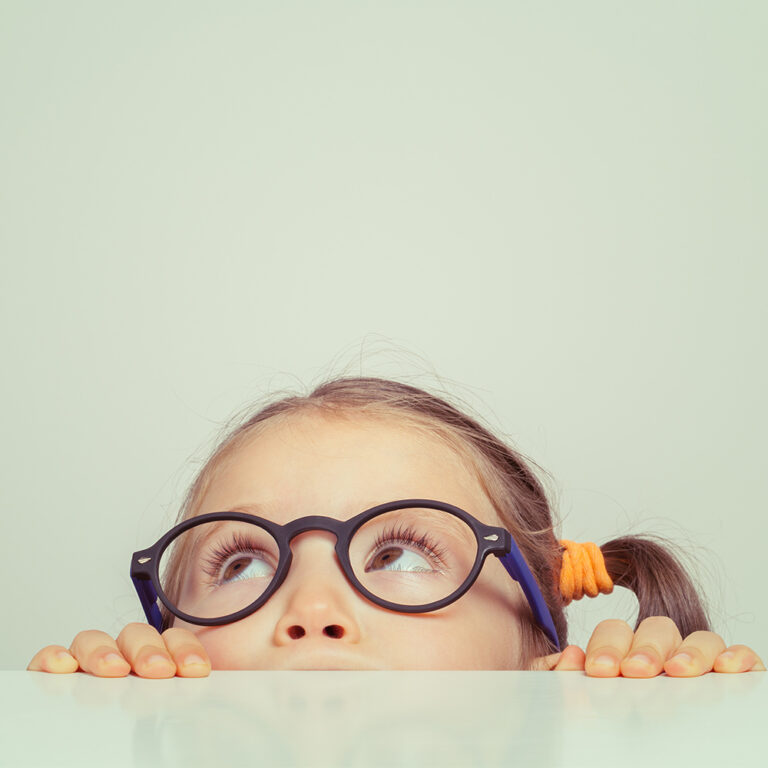Child, Teen and Family Therapy
Helping Your Child and Teen Build the Groundwork for Healthy Development

Child and Teen Therapy
“It didn’t matter how big our house was;
it mattered that there was love in it.”
— Peter Buffett
Are you trying to find a good child or teen therapist? Good Therapy San Diego specializes in child, teen and family therapy. We have three accessible locations in Encinitas, San Diego, and Oceanside-Carlsbad.
Our therapists use a wide variety of techniques and methods in order to help children, adolescents and teens who are experiencing difficulties with their emotions or behaviors. For children and adolescents, playing, drawing, building, and pretending, as well as talking, are important ways of sharing feelings and resolving problems in therapy. Child/ Teen therapy helps children in a variety of ways. They receive emotional support, resolve conflicts with people, understand feelings and problems, and try out new solutions to old problems. On the flip side, child and teen therapy helps parents! Parents will receive invaluable guidance in support of this very difficult and ridiculously important job they did not get a manual for.

Healing Starts Here
Our San Diego Therapists/ Counselors will use a variety of techniques and approaches tailored to the child’s age, developmental level, and individual needs. Specifically, play therapy, art therapy, cognitive-behavioral therapy (CBT), and family therapy are some common modalities used in child therapy.
Issues that may be addressed in child therapy include anxiety, depression, trauma, grief, behavioral problems, ADHD, autism spectrum disorders, family conflicts, and adjustment difficulties related to life changes such as divorce, relocation, or school transitions.
In addition, effective child therapy involves collaboration with parents or caregivers to support the child’s progress outside of therapy sessions. Building a trusting therapeutic relationship and creating a safe space for expression are key components of successful child therapy.
Benefits
Give your child or teen the opportunity to build the foundation for healthy emotional and mental development.
Address Emotional Changes
Counseling can provide a place for children to explore their emotions and learn healthy communication and coping skills.
Promote Healthy Relationships
Therapy can help children understand their feelings in the context of relationships with others.
Develop Coping Skills
Therapists can assist teens and children in developing positive coping skills.
Support Growth & Development
Counselors can help children and teens meet necessary developmental milestones that affect social, behavioral and emotional development.
Frequently Asked Questions (FAQ)
How do I know if my child or teen needs therapy?
You might consider therapy if your child:
Has persistent sadness, anger, or mood changes
Struggles at school or with friendships
Shows changes in eating or sleeping habits
Withdraws from activities or family
Has experienced a major life change or trauma
Displays outbursts or defiance that seem out of character
What happens in a child or teen therapy session?
Sessions vary based on age and goals. For instance, younger children, therapy often includes play, art, or storytelling. Teens typically engage in more conversation, though creative methods may also be used. Sessions focus on building trust, processing emotions, and developing healthy skills.
Are parents involved in therapy?
Yes—parent involvement is often an important part of the therapeutic process, especially for younger children. The level of involvement can vary depending on the child’s age, the concerns being addressed, and the therapist’s approach. In general, parents are usually more involved with younger children—through check-ins or joint sessions. On the other hand, with teens, therapy is more private to build trust, but therapists still provide general updates and involve parents when needed, especially for safety or support at home.
Ultimately, the goal is to support the child or teen in the most effective way, and that often includes working together with the family.
Is therapy confidential?
Yes, therapy is confidential. For minors, therapists may share general updates with parents but not specific details unless there is a safety concern (e.g., harm to self or others). This is because confidentiality helps build trust between the child/teen and therapist.
How long does child therapy take?
Therapy length varies. In some cases, issues may be resolved in a few months, while others require longer-term support. Progress depends on the individual’s needs, engagement, and goals.
How can I support my child or teen during therapy?
Be supportive and non-judgmental
Respect their privacy and emotional space
Encourage consistency with appointments
Communicate openly with the therapist when needed
Reinforce skills or strategies at home

Find Your Child and Teen Therapist Today
Our process begins with an initial consultation where we meet with you and your child to understand their needs and goals. From there, we create a personalized therapy plan designed to support their growth and well-being. We believe every child deserves to feel happy, confident, and supported. If you’re ready to help your child overcome challenges and unlock their full potential, we’re here to help.
Contact Us
We look forward to walking alongside you on your path to healing and growth.
Encinitas
285 N El Camino Real, #218 & #219, Encinitas, CA 92024, USA
Sorrento Valley
5755 Oberlin Dr., #106, San Diego, CA 92121, USA
Oceanside / Carlsbad
3142 Vista Way, #201, Oceanside, CA 92056, USA
